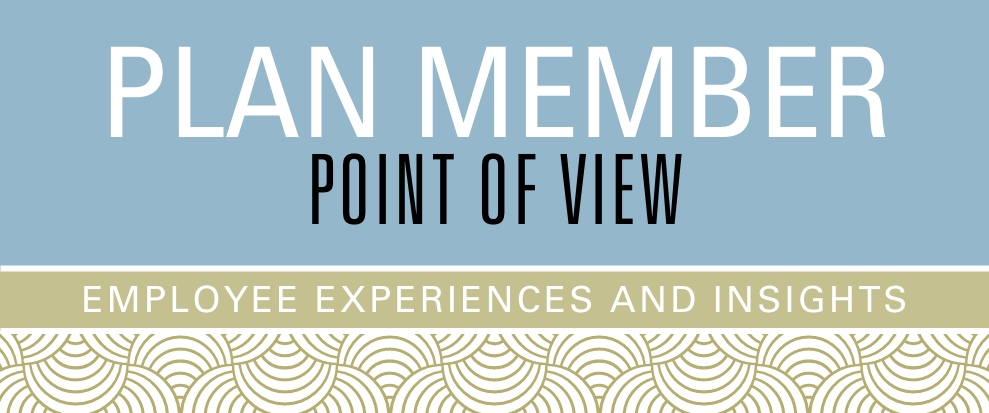PARTNER CONTENT


Obesity is prevalent among working-age people in Canada, with 24.6 per cent of people age 18 to 34; 33.2 per cent of people age 35 to 49; and 33.9 per cent of people age 50 to 64 self-reporting it.1 A chronic and often progressive disease, obesity is linked to poorer quality of life, worse mental health and serious health conditions, such as cancer, diabetes and cardiovascular disease.2 Sandra Elia experienced her darkest moments with obesity in her late 20s, but has since found sustainable ways to manage her weight and build a thriving career as a certified food addiction counselor, author and public speaker. She’s also board chair and director of education and patient advocacy with Obesity Matters.



Can you describe how obesity has affected you throughout the years? | |
Obesity cast a dark shadow over most of my life. It dramatically affected my self-esteem growing up. It’s been a daily battle against intrusive food thoughts. Even when it comes to just getting dressed in the morning, I can never wear exactly what I want. Everything from office chairs to airplane seats weren’t built for my size. And it’s impossible not to internalize the narrative of fat shamers. | |
What aspects of this disease have been most difficult for you? | |
It’s always been complex—and it’s always involved physical, emotional and social challenges. Physically and socially, at my heaviest, my mobility was significantly impacted; I had lower back pain and I couldn’t keep up with my peers. Emotionally, it takes so much mental real estate to turn away from food cravings, compulsions and urges to overeat; and the more I weighed, the less I thought I was worth. It was also tough facing preconceived notions that people living with obesity are lazy, lack willpower and aren’t as intelligent. | |
What other misconceptions do people have about obesity? | |
One is that it’s a lifestyle choice. This is a real medical condition that’s complex, chronic, relapsing and deserves treatment—and treatment is not “eat less and move more.” As patients, we shouldn’t accept that as a treatment plan. Also, there are a lot of contributing factors, including genetic, environmental, psychological and societal factors, and many of these are outside my control. No one chooses obesity. | |
What have you done to address the physical and mental-health impacts of obesity? | |
I’ve taken an intentional approach and have found that the more interventions I have, the better the outcome. This is because obesity is complex, with many contributing factors, so there isn’t one single answer. | |
What can employers do to better support employees with obesity? | |
The employer I had when I was in my late 20s wasn’t supportive. At my heaviest, I asked for a modified work week to take time off to manage obesity and was denied; however, the sick leave I took ultimately cost them more. When I returned to work, my manager mentioned they could see I was struggling and getting sicker by the month. Why did they just watch an employee suffer when it was so evident? | |
What changes would you like to see in attitudes towards obesity? | |
I’d like to see broader recognition that obesity is a complex medical condition that has little to do with will power and lifestyle choices. When we drop the judgement, we can look for solutions. Focusing on health and not just weight, as well as having a lens of compassion, empathy and support for people who are living with obesity are great places to start. Health-care professionals need to create a safe environment for patients to come forward and talk about obesity-related issues and they need to help people with internalized bias and stigma. Meanwhile, public policies should educate and support people, improve access to nutritious foods, encourage environments that are conducive to physical activity and offer coverage for anti-obesity medications. | |
Sponsored by:
1www150.statcan.gc.ca/t1/tbl1/en/tv.action?pid=1310009620
2www.ncbi.nlm.nih.gov/pmc/articles/PMC8300078/

